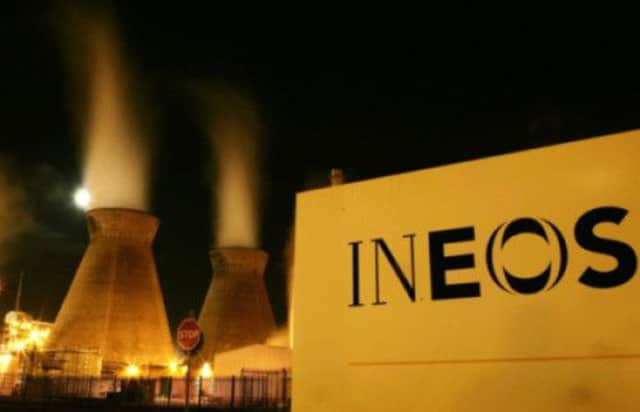Leaders: Oil strike must be averted | Place for homework


Even allowing for dramatic statements in the heat of industrial conflict, that claim has credibility. A previous 48-hour strike at Ineos in 2008 cost hundreds of millions of pounds. A strike could cut off the supply of oil from the Forties Pipeline, but that prospect could still could be averted if the management and the Unite union can agree a deal to maintain cover. In a dispute as volatile as this, however, there is no long-term guarantee that deteriorating relations between the two parties might not result in disastrous consequences in the future.
The complicating factor in this dispute is the double-sided character of the union’s grievance. Unite is resisting rationalisation proposals by Ineos, which is losing £10 million a month at Grangemouth. These encompass a reduction in the workforce and a review of pensions. It is understandable, though in the current climate of austerity not necessarily justifiable, that Unite should take a strong negotiating stance in defence of its members’ interests.
Advertisement
Hide AdAdvertisement
Hide AdWhat is less understandable and will baffle much of the public is the fact that the priority issue for Unite appears not to be these bread-and-butter questions but support for the union convener Stephen Deans, who is facing investigation by his employers, relating to his part in the dispute within Falkirk Labour Party over selection of a parliamentary candidate. This extraneous matter arises because Deans is chairman of Falkirk Labour Party as well as Unite convener at Grangemouth.
Unite seems to attach more importance to this than to the questions affecting its members’ jobs and pensions. If that is a wrong perception, Unite has only itself to blame since it has inflated this matter in its public statements. It is also very bad public relations. Motorists and other members of the public who might be disposed to tolerate disruption by a workforce concerned about its continuing employment and financial prospects after retirement will have little patience with a dispute related to arcane controversies within a political party.
Nor does Unite appear to be behaving reasonably in its pursuit of its grievance concerning Deans. The third-party inquiry into his conduct is due to report on 25 October. So, why prejudge the outcome by calling a strike just five days before the announcement of findings that might prove satisfactory to the union, or at least negotiable?
There are unhappy echoes of 1970s strikes at car plants and shipyards whose future was precarious and which were sometimes precipitated into closure by industrial action. The Ineos plant has serious problems. Its petrochemical side is making a huge loss; the refinery processes 210,000 barrels of oil per day but requires updating and expansion. The site has cost Ineos £150m in the past four years. Ineos has warned that without cost cuts the site will shut in 2017. What message would it send to the world if Scotland’s only oil refinery were to close down?
There are issues here that are bigger than the contending parties. It is time for the Scottish Government to intervene, whether or not involving Acas, and take proactive measures to avert an unnecessary shutdown. Scotland has enough industrial and economic problems without a dispute that can only damage this country’s economy and reputation.
Place for homework
For many mums and dads, the perennial struggle to persuade reluctant offspring to do their homework each evening is a parental responsibility that they could often do without, particularly those with children at primary school. Who could blame them? Busy households headed by exhausted parents are best avoided at this time: patience wears thin as uniforms are cast aside, schoolbag contents are scattered and noses are turned up at healthy dinner offerings. After that, bathtime can require military-style intervention.
It is understandable why some parents might plead that children deserve a childhood, and should enjoy the simple pleasure of having fun when they return home. The headmaster of an Edinburgh private school believes in family time, and has called for homework to be done away with altogether.
But supporters of homework might question the intensity of the primary school week. In many areas, attendance on Fridays is required only in the morning, and part of that truncated day can be taken up by “golden time”, a reward dangled in front of pupils in return for good behaviour during the week. Just how much learning goes on that day?
As in most all-or-nothing disputes, it is reasonable to look for a happy medium. A little homework cannot be bad, but it should not become a heavy burden at so young an age.